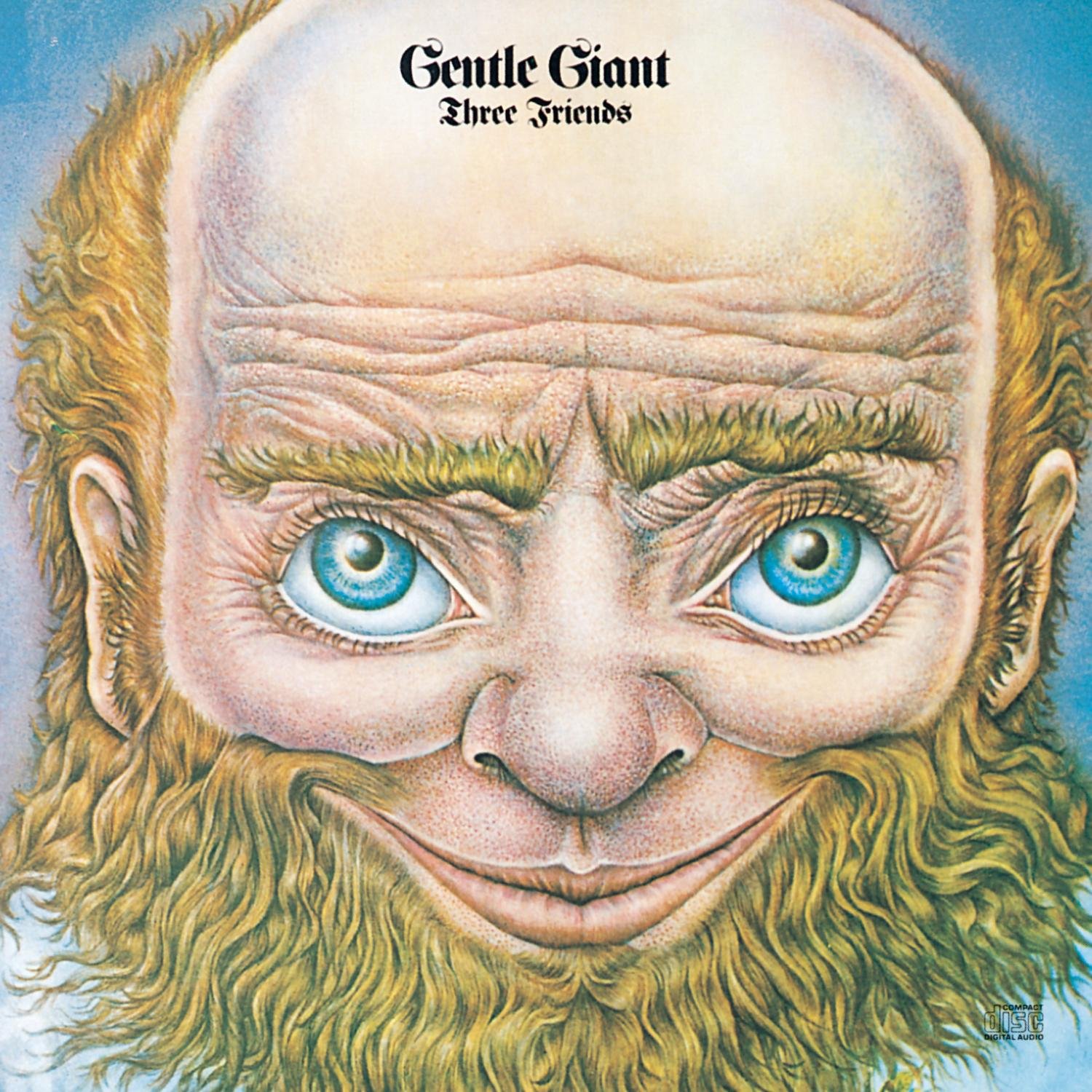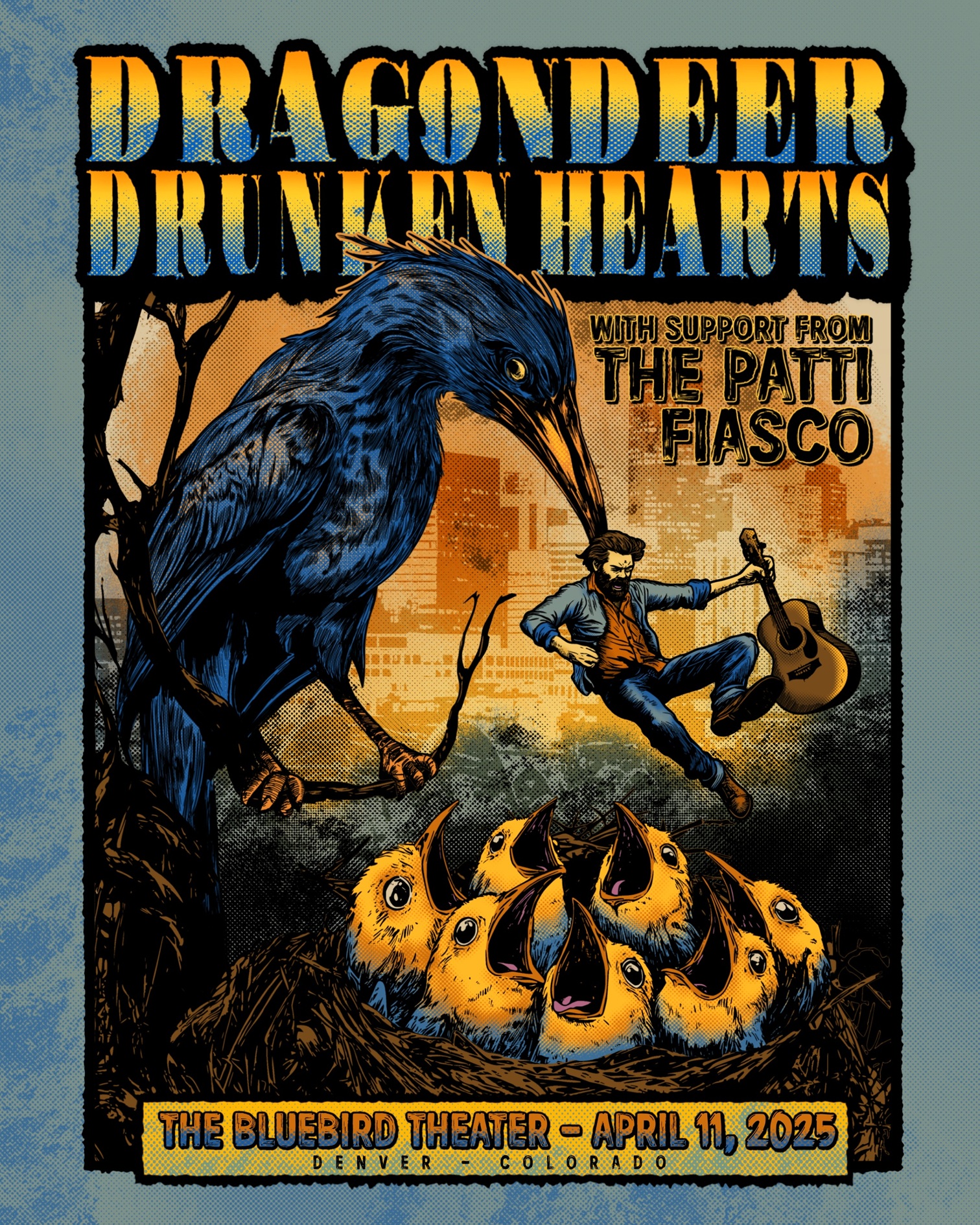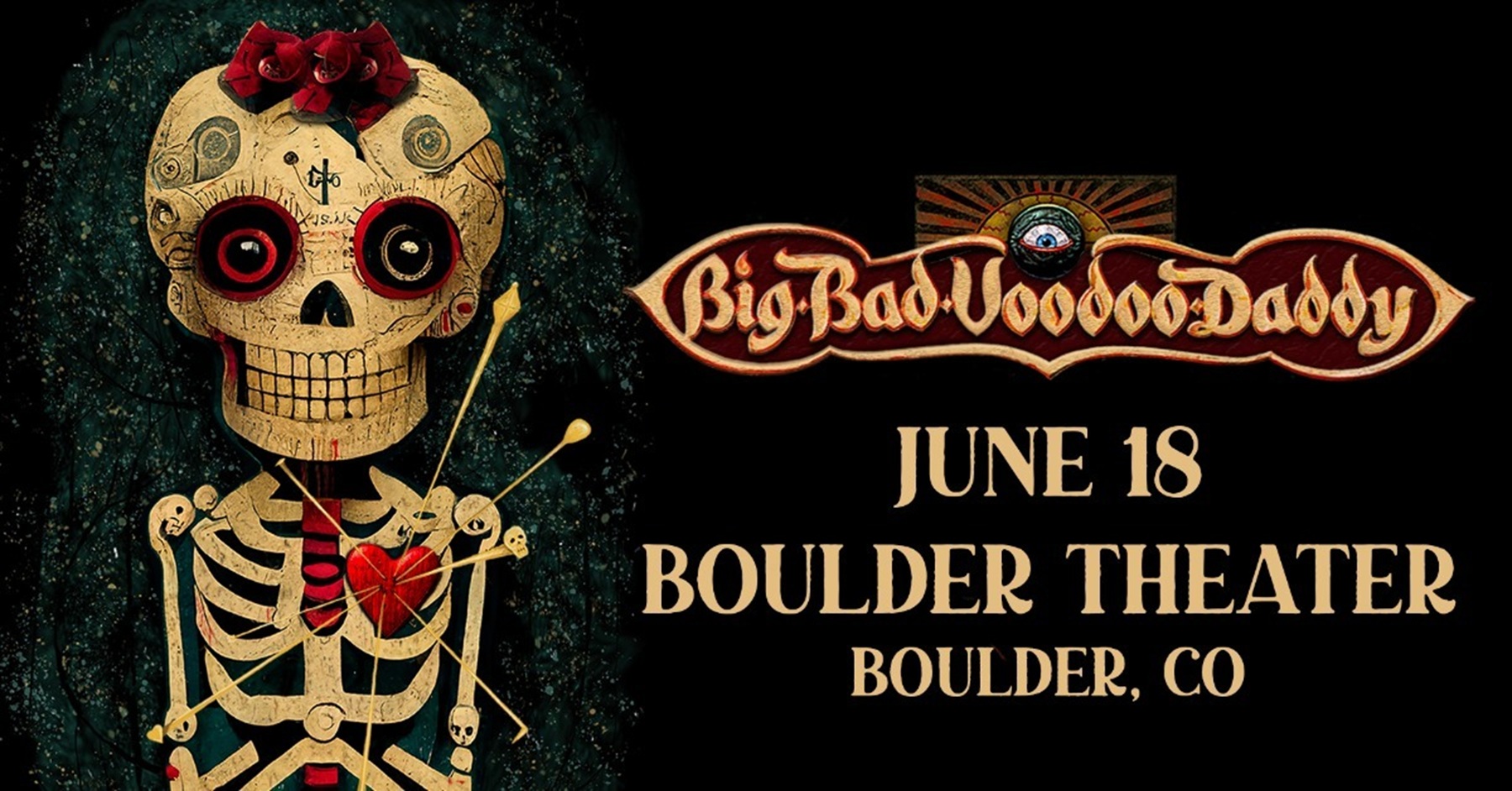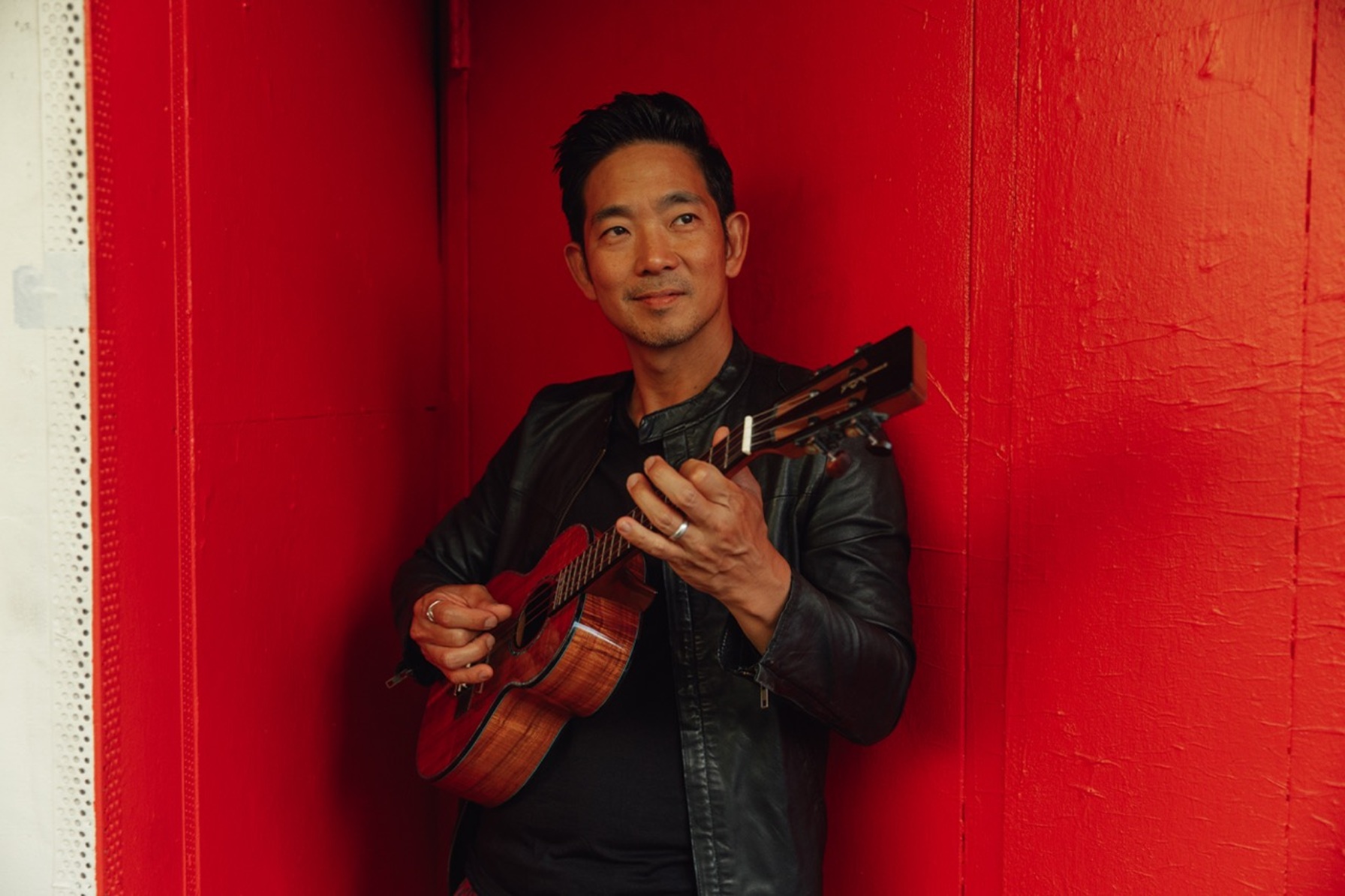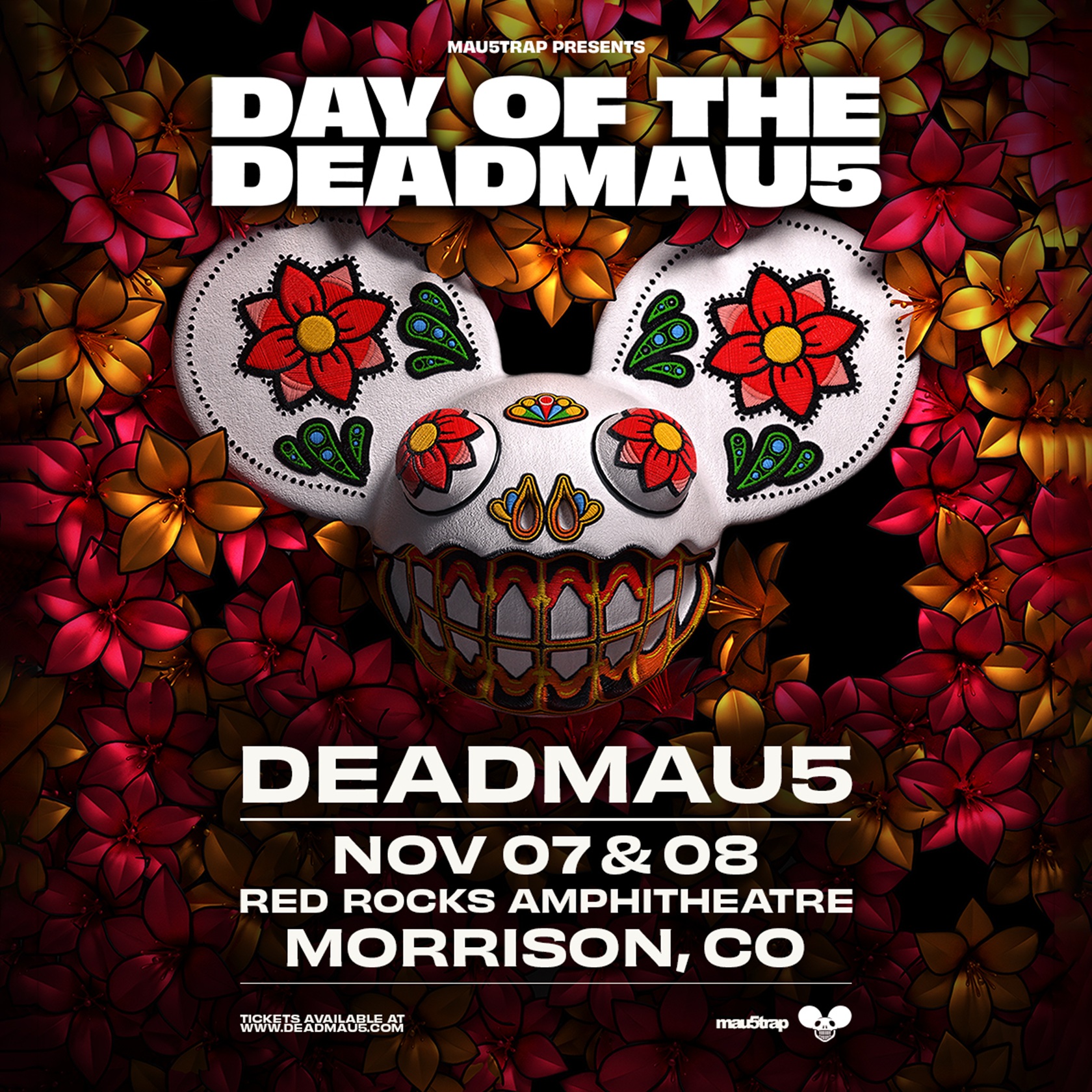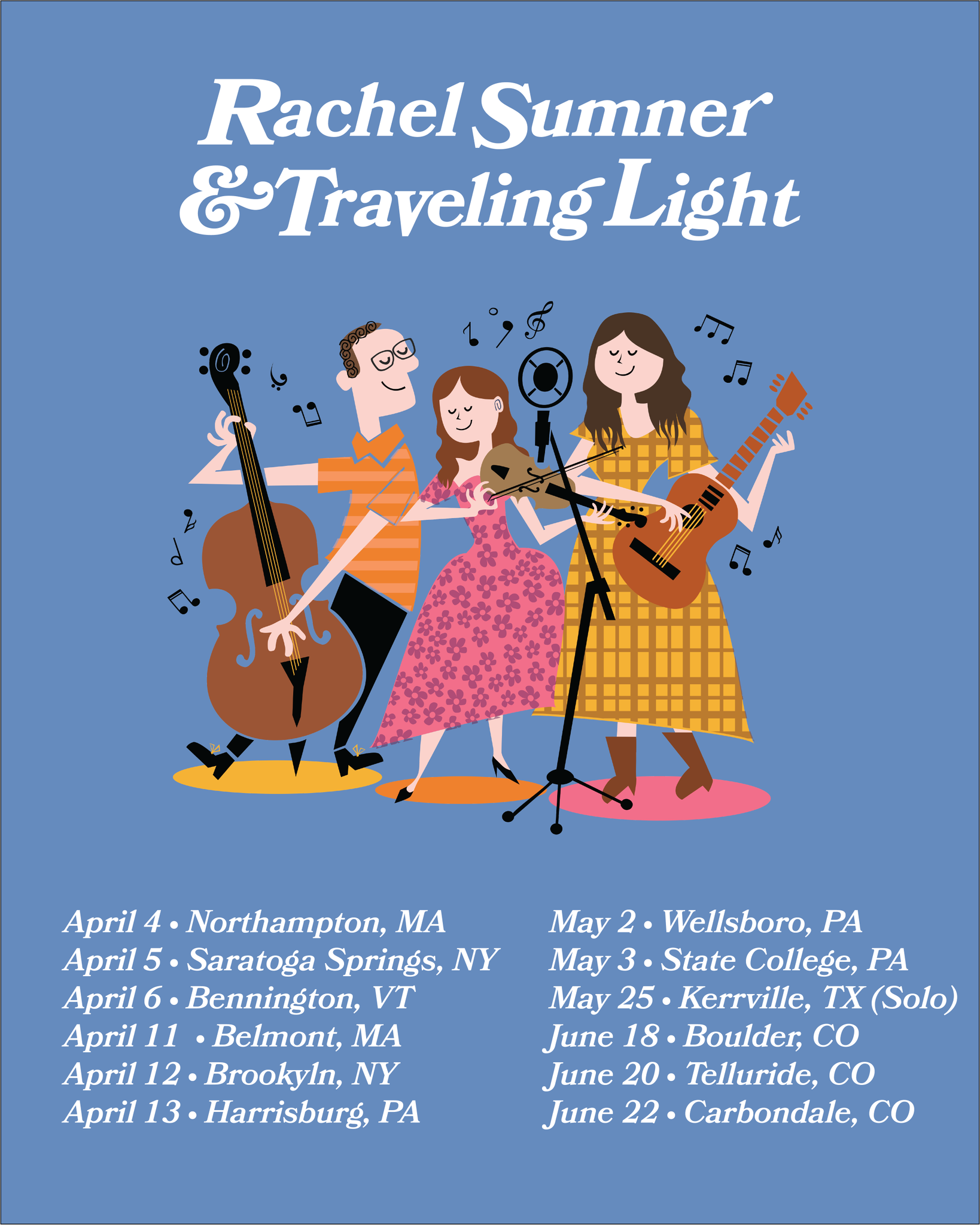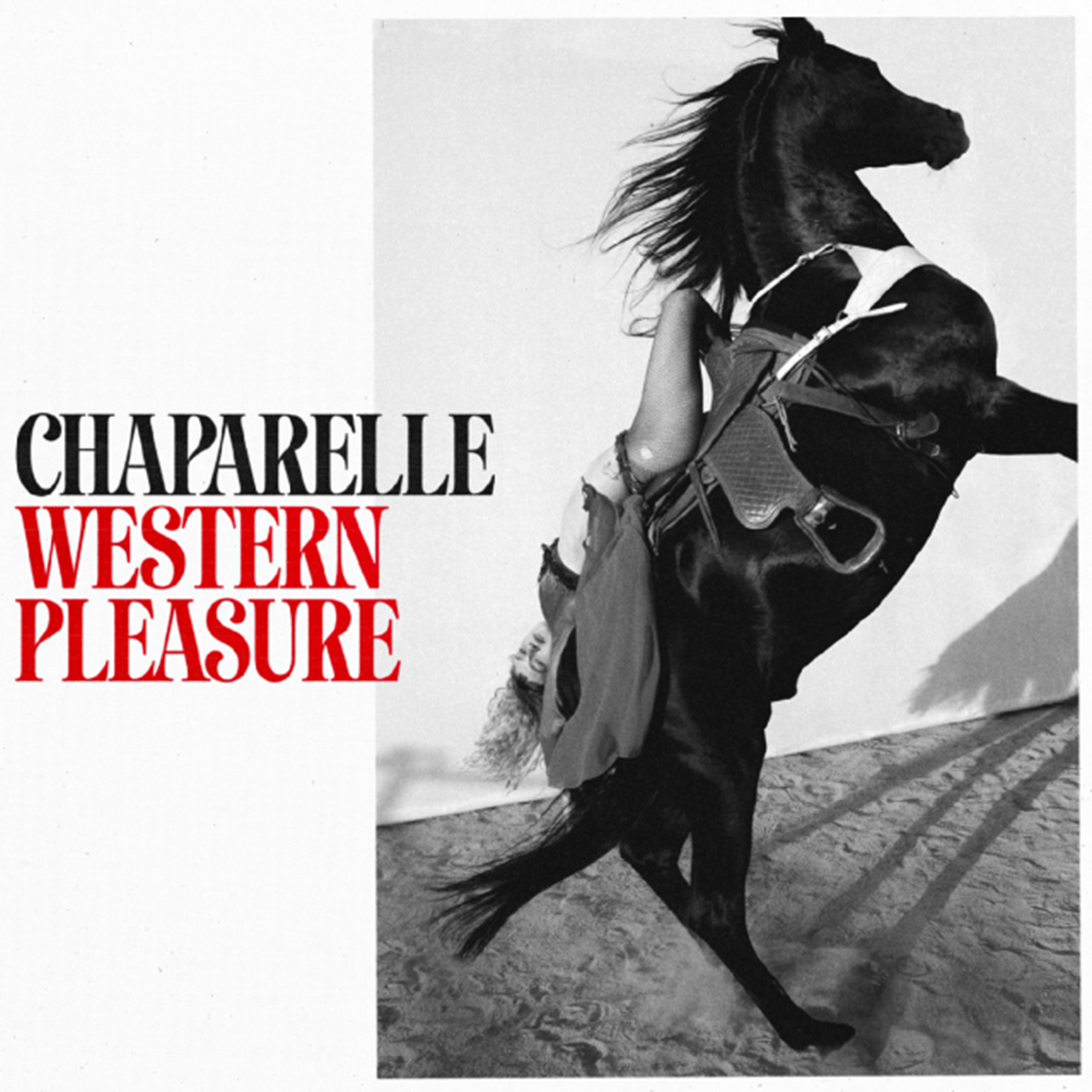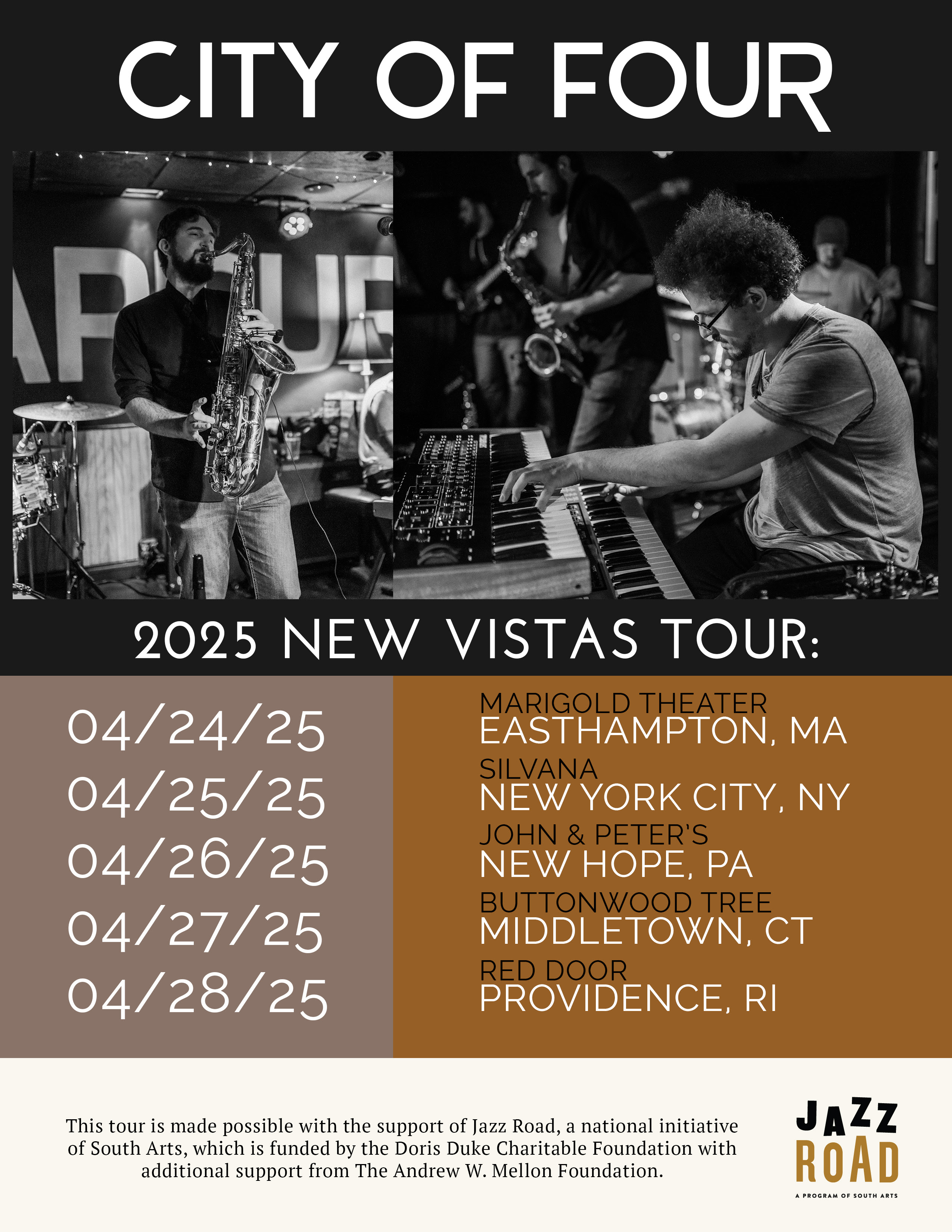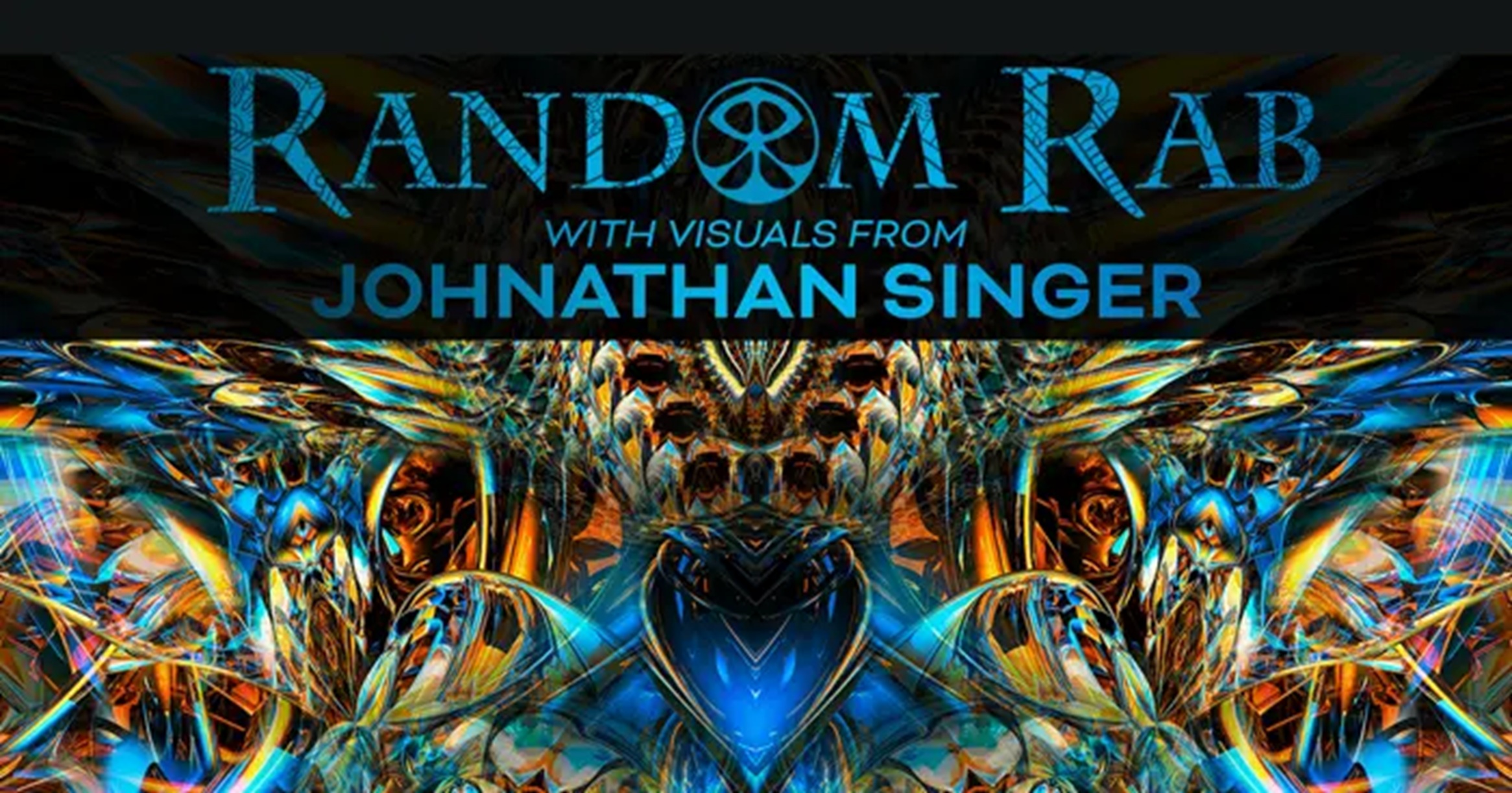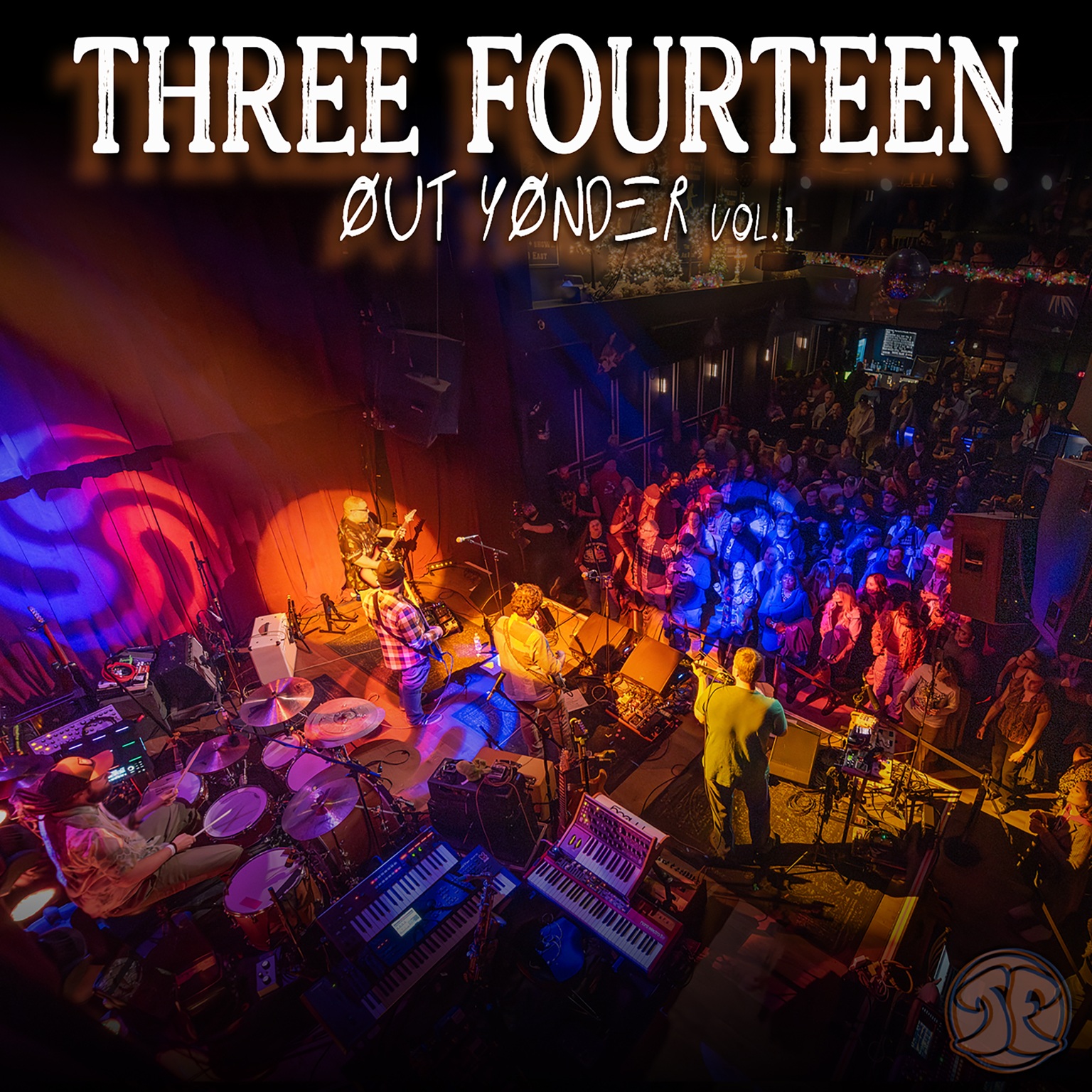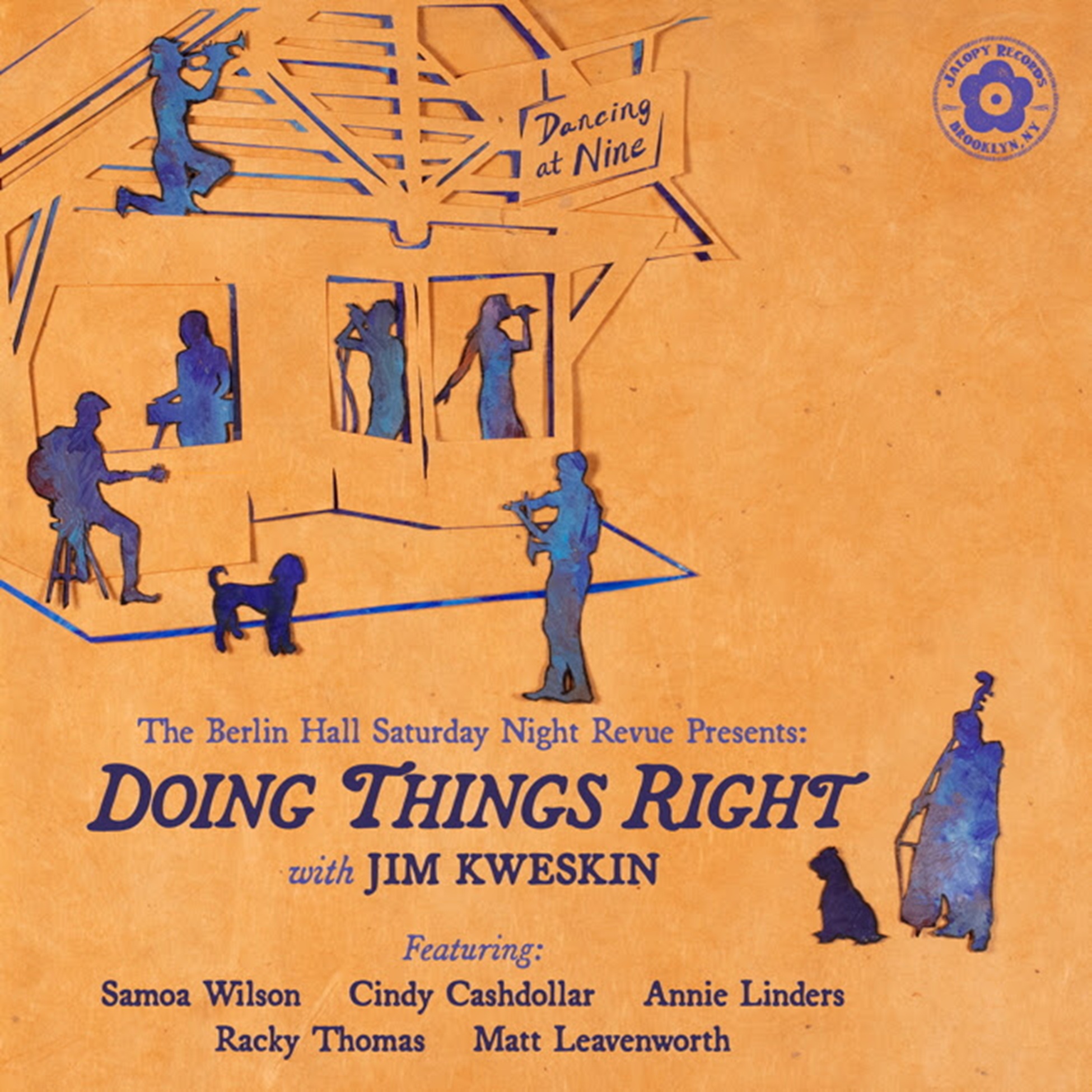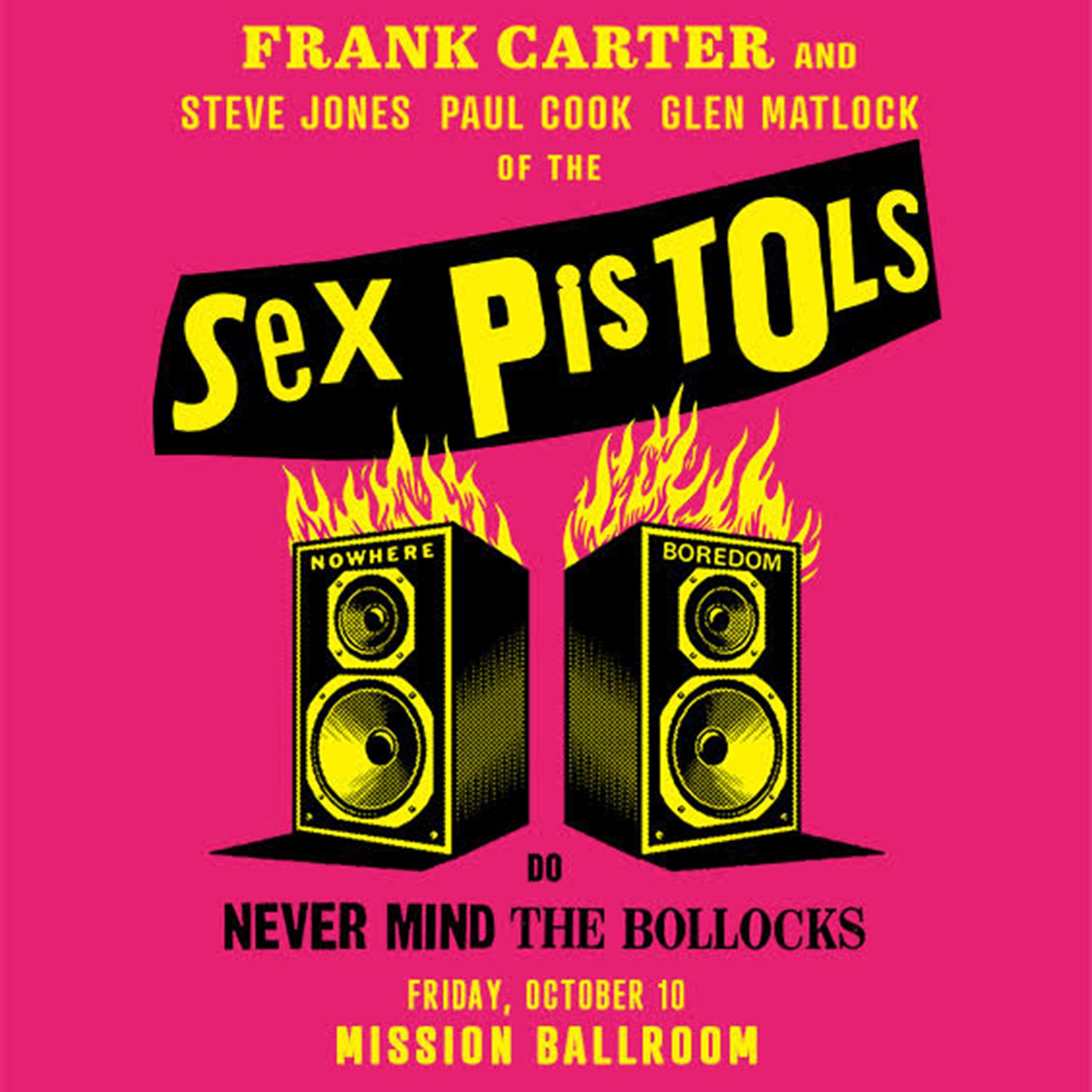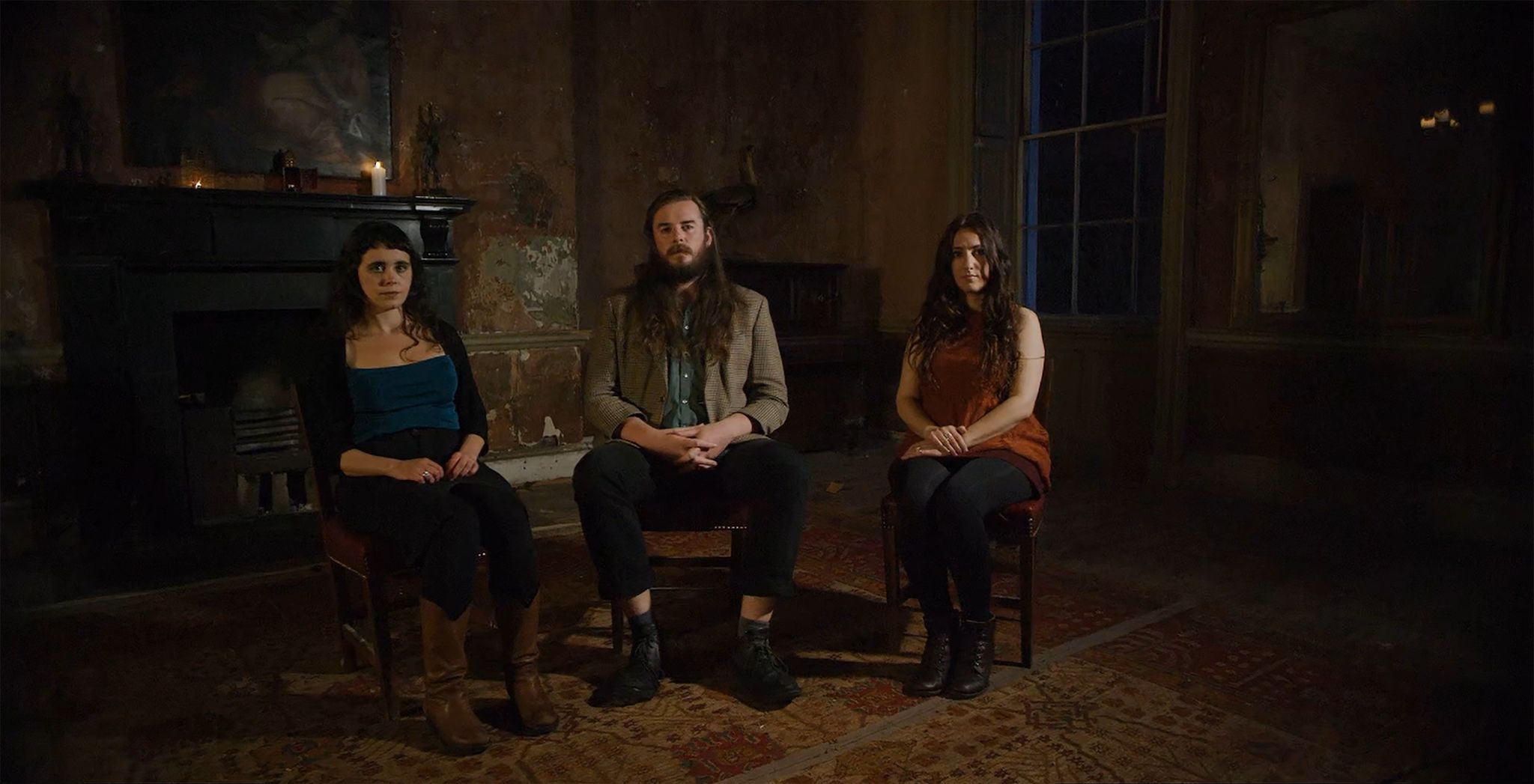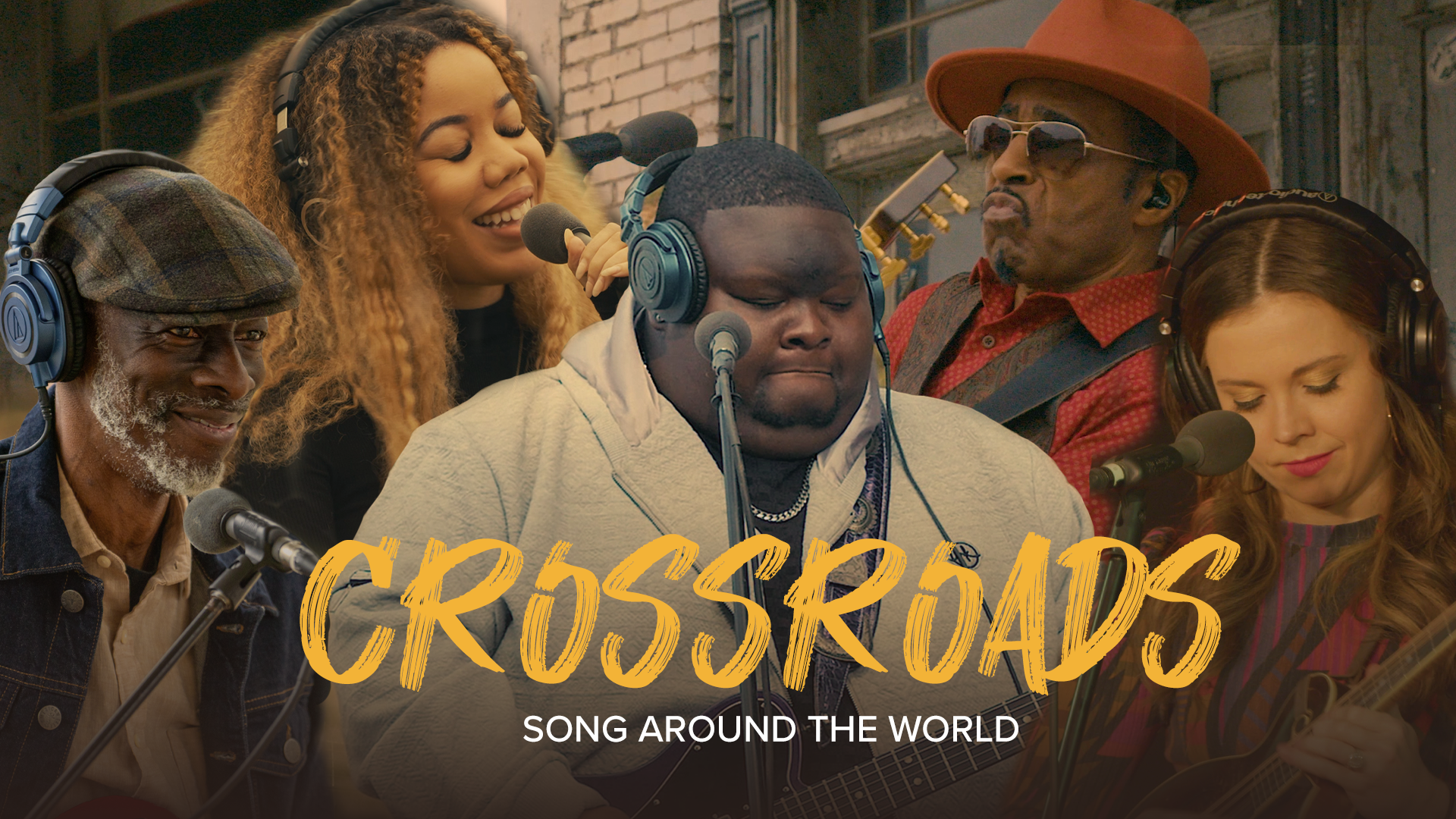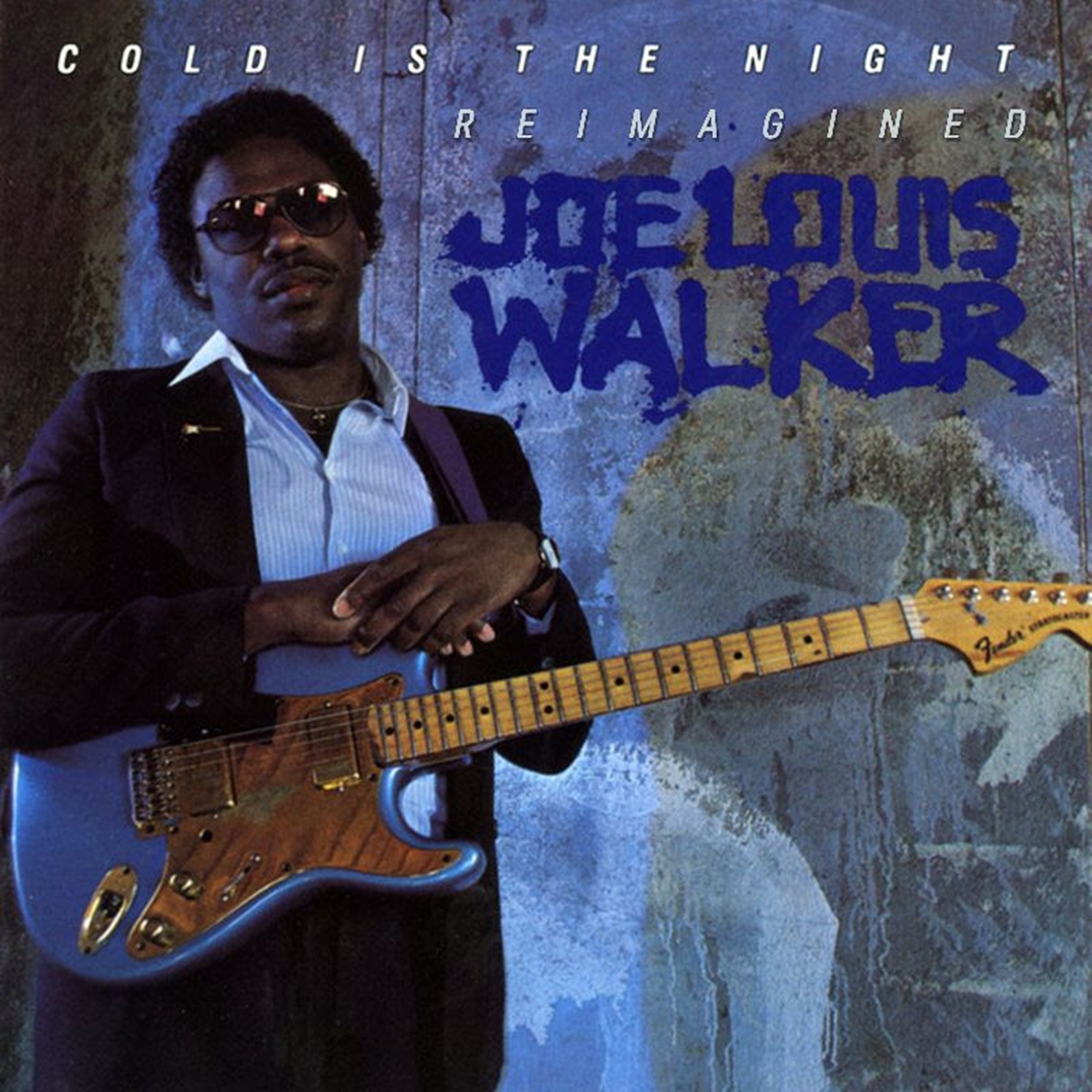Grateful Web recently sat down for an interview with band members Gary Green and Kerry Minnear of the band Gentle Giant from November 10th, 2009.
GW: Hi, it is Tuesday, November 10th, 2009, 2pmish, Mountain Time, I’m Barney Moran of the Grateful Web, here with Gary Green who played among other things, Guitar, mandolin, vocals, recorder, bass, drums, xylophone, and Kerry Minnear the Lead vocalist, keyboard player, who also played cello, vibes, xylophone, recorder, guitar, bass, drums, and one of the composers, both of them from the 1970-1980 band, Gentle Giant among their other creative projects. Thank you Gary and Kerry for your time today.
Gary: Your welcome. I would point out here, at this early point here though, that Kerry was not the lead singer (laughter) it was in fact Derek, and Kerry sang, did sing lead on some tunes but mostly not, mostly it was Derek.
GW: I’m calling blazemonger, ‘cause he says you’re a ‘Lead Vocalist’, but I know Derek said they had to turn the volume way up and then we’d get feedback, so…
We want to thank the band Gentle Giant because you guys donated Gentle Giant signed memorabilia for Mimi Fishman auctions on Grateful Web, which go to great causes—and we want to thank Anne Leighton for arranging this interview, and Intercall who are providing their conference technology for today’s recording and future replay for listeners, and finally thanks to my ‘three friends’ growing up, Steve Iorio, Keith Ryan & Eric Haubner for our shared love of Gentle Giant, for it was the shared camaraderie the music generated for us together that makes us smile now listening to Gentle Giant and adds to its timeless enjoyment.
Gary: Hi Guys
GW: That’s my shpeel
Kerry: Lovely—Very Nice--
Gary: --and a lovely one it was too--
GW: ---The listening world is abuzz with the news Gentle Giant is digitally releasing seven of their best-known albums and tracks in digital form this month, With more to come in the new year, including previously never heard material and live versions of songs. With this news, the members of Gentle Giant are sharing time with fans. And I’m first going to ask what are each of you doing now in your lives?
KM: Who would you like first?
Gary: --to earn money you mean?
GW: Just go for it. To earn money; I know fatherhood is in the background for-- I’m a father of two girls--
Gary: Well of late, I’ve been playing again, which we’ll get into later probably, I’m currently prone to becoming a professional musician again, up to that point I’ve been living here in America, since the band broke up in fact, since 1980, and various things throughout those years; I played in some cover bands early on, and then quickly got bored of the late night drunk bar scene (laughter), and I had a business with a friend of mine, that repaired car washes, and currently that’s not doing so good with the economy and all that stuff, so right now I’m kind of unemployed, so should you need anybody to run those packages down the post office there Barney, you’ve got my number…
GW: I am taking that down (laughter), I actually ran my father’s car wash, and I am also currently unemployed, so we’re a bunch of hoodlums here—
Gary: I think Kerry’s legitimate though, I think he’s an employed person.
GW: Kerry, are you legitimate?
KM: In a sort of way, yes. I’ve been, my bread and butter has been teaching for quite a long time now, its been a kind of stable income, I have done some television music for a local program maker, and that was nice ‘cause you get a little royalty come in every now and then for something you’ve forgotten about 10 years ago , but basically it’s the teaching I’ve been doing, one to one teaching mainly at home, and taking an interest in kids and their development and enjoying their characters and all the different types of people that I have to deal with, so I’ve got quite a lot out of it, I’m just coming like Gary really, I’m just coming to a time when I’d really like to go back to full time writing again and then playing again, its all itching inside and I’m just trying to scratch it. Hopefully it’s going to come out to the top sooner or later. I’m still teaching at the moment though, Barney, so I have to say I’m a humble piano teacher at the moment, but I do quite enjoy it.
GW: I teach Daddy Boot Camp for fathers that are having their first kid, and I have read in interviews both of you are dads, it sounds like maybe the kids are out of the house? Is that what’s happening?
KM: My three were out of the house, but the--
Gary: Did they come back--?
KM: --youngest has come back
GW: I hear you’ll get that, mine are 8 and 11, Gary, are yours out of the house?
Gary: Well out of the house, He’s 42-- hasn’t come back.
GW: Ah, there you go.
Gary: No chance—He comes back periodically he’s back this week, he’s all over the place, Chris is, he’s actually my son through adoption, he’s my wife Judith’s son from her first marriage, but I adopted Chris when he was young, about 6, 7. He’s in and out of the place, but he’s often here, so we still have his room, his little fire engines and wall paper up there for him—
GW: Ah, keeping the room. Do we have kind of a polarity of Gentle Giant here with Kerry and Gary, from Gary being taught to a classically trained Kerry? Is that fair?
Gary: I suppose in some regards it is. Yes I didn’t have any formal training, I just sort of play by ear, and I still, I sort of regret that, not being able to read music I sort of regret that, I still sort of struggle periodically, I’ve got a book right in front of me, actually in fact now, the Iva Meranz book of daily exercises, first of its kind to be written for guitar, which is a great source of exercises, but nevertheless its all notation and it just takes me hours to figure out just what the notes are, translate them into fingering, ‘cause its an old enough book does not even have tablature, so there you go, so yes, on the other end of the scale you’ve got Kerry, who’s writing manuscript.
KM: I think it really sums it all up, I think we only ever worked by ear really, even when I did use manuscript it was only for my own reference, to make sure things were fitting together, we were totally a legitimate rock band, we all played by ear. Even though the parts are quite complex.
Gary: That’s true. We did all work by ear, and some people who don’t know what music is, particularly like the Britain form of it, sometimes have a sort of strange idea of what it is, you know. The stuff on paper, the notes that get written down, are not the actual music, they are just a representation of music, they are a means to translate to somebody else what the music is, an attempt to describe it. But the real music is what you hear through the air, you know that’s translated best from ear to ear or piano to ear or whatever. I feel that’s probably a good description of it for me.
GW: It sounds, listening, I’m 47, and I’ll put a Gentle Giant on, and the first word that I feel is “Fun”, just plain good fun.
KM: That’s Great.
GW: Like the instrumental on “Give it Back”, I’m mean you—with the xylophone, and that wooden thing making the rubbing noise, and tickling short keys—I’m not a musician, but I’m feeling this fun, how did you do that?
KM: We really did have a good time, we were very fortunate. Right from the off we were given this kind of sponsorship to work, as a band, so that took all that initial pressure of trying to get something off the ground away, and we were just left with a white piece of paper—To put together anything we really wanted. And we’ve all got a good sense of humor, and none of us took ourselves that seriously. That was one of the things I really liked about the band. Although we were trying to do sometimes quite intricate things, we never lost sight of the fact we were just a bunch of lads doing some music.
Gary: That we enjoyed doing, absolutely. That it was suppose to be fun, and it was fun. And we enjoyed a similar sense of humor kind of throughout the band, it was kind of, honed in the Monty Python years, that was happening just as the Gentle Giant stuff is as well. Monty Python came, so we were avidly watching it every week as well, but it was communal sense of humor we had, that translated to everything that we did.
GW: There is also a tease going on, I don’t know the musical word for it, I’m going to call it ‘tripping to the bang’, but its like in ‘I lost my head’ where you know, you get close, you get close but you are not going to give it to us, you know--
KM: Oh, I know—
GW: --or in “Master Inner Voices”, where you’ll do the bass, but your not going to give it to us yet, we gotta hang out and wait for it. I mean I love that teasing, is there a musical word for what you are doing to us there?
Gary: “Teasing’ I think.
GW: Teasing! That’s it.
KM: That’s a good word! Yeahhhhhhhh.
Gary: I don’t know, is there Kerr? I don’t know about that.
KM: Yeah, I don’t know either. I don’t know. There must be. I don’t know it. But they do it in all kinds of music, don’t they? Give the funk away, and then take it away, and then make you wait so your really waiting for it to come back in and in it comes, but I think it all has to do with just being aware of where the drama is in some sense you know--
Gary: Yeah, the suspense and release of a piece of music. You know, like you hear in any piece of music, classical stuff—
KM: It’s a good observation.
GW: As a team, didn’t someone just throw there, a, drumsticks down and say ‘enough is enough’? “Let’s not take it this long”, I mean how did you as a team say, ‘Oh, one more round, one more round before we—
KM: Kick it—
GW: --give it away?
Gary: In “I lost my Head”, You’re talking about that run up that goes into that final loud section, are you? That sort of peaks itself?
GW: But you take forever—
(laughter)
GW: --and I just love it, I just love it—
KM: Oh Good--
Gary: That’s good, because I’ve been thinking lately that’s too long, that bit you know—
(laughter)
GW: It takes a lot of guts, the producers are not banging on the door—Saying ‘get to it.’
Gary: Well it’s hard to be objective about that kind of thing when you are doing it at the time ‘cause we famously didn’t employ producers too much, we had Tony Visconti on the first couple of albums and then we said ‘we can do it ourselves’, and then proved perhaps that we couldn’t, I don’t know, but its difficult to be objective, you know, and when you do things like that, you are trying to, like I say you are trying to add suspense and create a thing that you don’t really have sight of. When we did record ourselves, we would often, a couple of us would go out the studio, round the pub you know, and let whoever was in the studio get on with it. And then the other couple would come back in and be able to lend fresh ears to something, that was how I think we were able to try and keep a perspective on what we were doing. But you know sometimes that kind of thing can be a little bit indulgent, perhaps we are guilty of that in some instances, but—
KM: I do quite like the restlessness of that bit—: --It keeps as though its about to go into something, and then it just goes back to a point of rest. I’m all—that’s my personality really—
(Laughter)
GW: A little A.D.D.? A little bit of A.D.D.?
KM: Could be..
GW: Attention—and then, and then—
KM: I don’t know, you can analyze me now, you can fee free
(Laughter)
GW: You know you guys—I’ve read your other interviews, you guys are—you analyze yourselves and sometimes I think you really beat yourselves up.
Gary: Yeah we’re good at that.
(laughter)
GW: I mean you critique your stuff and I’m like ‘what are you talking about?’ I mean you know that the people that love your music, love your music but here--
KM: mmmmmmm
GW: --you are critiquing it and saying ‘Oh I’—‘maybe we should have done that better’--
Gary: Well, I don’t know, that’s how we’ve always been, all of us, I think its—I don’t know—to us it’s a natural state of being, so I cant tell you if its not the case with other bands, or other people, I don’t know,
GW: It’s a pretty amazing team, its like almost each of you are your own Willy Wonka, but I can imagine Willy Wonka working with another Willy Wonka, but you guys are all, like 5 to 6 Willy Wonka’s working together, its amazing that you were—that you did that.
Gary: I’d probably appreciate that more if I knew more about who Willy Wonka was and what his personality was there Barney, ‘cause—
GW: Oh, he ran a chocolate factory, but he was pretty on the edge—
Gary: Ok
GW: --you could tip him over
(laughter)
KM: Yeah, yeah, yeah.
GW: Another groove is the ‘Working All Day’ instrumental..?
Gary & KM: Right.
GW: In that instrumental, also just one of my absolute favorite grooves—
KM: Oh, the backing in that… the backing of the solo—in the middle do you mean? I know the one you mean….very nice, isn’t it.
GW: It’s almost like you guys..just left the whole industry.. and are just hav—there’s a comfort and a relaxation that.. its just…I mean that could have gone on for the whole album side.
KM: It’s rather nice….
Gary: Yeah that is a good bit, that…
GW: How did you do it?
KM: Ray did that.
GW: Did the rest of the band leave? I mean were they at the Pub?
Gary: I think what happened is..we needed a solo ‘cause the tune was short so…
(laughter)
Gary: We extended that bit. Didn’t we? Basically?
KM: Ray wrote that whole section, the whole song—I think he did present that middle part pretty much complete, but we orchestrated it, as it were, in the studio itself, I believe, didn’t we…
Gary: It got a bit longer in the studio, that section, ‘cause it was to be a solo piece-section, Kerry playing an organ solo, and--
KM: --It was very nice bit of writing.
GW: The ‘Working All Day’ song sounds a little bit like ‘The Wreck’, but ‘The Wreck’ is more structured and doesn’t-- I mean the ship is going down so it’s more somber—
(laughter)
but in ‘Working All Day’, just great lyrics and then to have this relaxed groove its, ah, its just one of my favorite.
KM: I like it.
Gary: It is a kind of another drinking song, isn’t it? Or a sea shanty song, you could swing a mug of beer to both of those quite easily—
GW: Where was the drinking, and the smashed guitars and the hotel bills for--- I mean you guys were a band in the seventies but—pretty well behaved…
Gary: We were—I mean we had our moments, but we weren’t--but it didn’t cost a fortune, you know, it’s like (laughs) you trod on someone’s glasses or something like that, inadvertently, but it didn’t amount to much—
KM: We had a pretty good one in Italy if I remember Gaz—
Gary: That was unfortunate now, I mean—
KM: That was unfortunate, it wasn’t deliberate, was it?
Gary: No, no, it wasn’t vandalism—
KM:--so it doesn’t really count.
Gary: No, not really.
GW: Was it the Italian wine?
Gary: Ah, as a result of, it was, yeah
(laughter)
No, I managed to ah, I managed to wreck a bathroom in Milan I think it was, or was it Turin, I think,
KM: Something like that.
Gary: I don’t remember--
KM: We’d spent a whole day waiting for a television crew to turn up to record us—and every time—we gave up and left, and then they would arrive, and then they’d give up and wait for us and go. And then we’d arrive, so the whole day had been spent like that so we went to the bar in a somewhat distressed state of mind, as I remember, some interesting things happened—
Gary: Yeah—
KM: Including the bar- the man at the bar warned
(laughter)
the hotel that we were on our way back, so we must have been in a fairly good state.
Gary: But that was unusual for us, I mean it was born out of frustration, and we had, you know, had a terrible day and we got drunk. Phil was in the band back then too, so we blame it on Phil--
KM: Blame it on Phil!
(laughter)
Gary: And we got back to the hotel and I went in the bathroom and John had-somebody had showered in the bathroom, our bathroom.
John and I shared a room in those days, and I slipped on the floor and ended up somehow kicking this window out of the (laughs) out of the window
KM: --Out of its hinge—
Gary: --frame. And it just smashed this sink in the bathroom, went off like a bomb, and it was just the plughole and the taps left hanging off the wall there..
(laughter)
I mean it wasn’t malicious, it was just (laughs) being a drunken idiot, you know, fallin’ over—
GW: So you guys are human?
Gary: I like to think so (laughs).
GW: Kerry, are you human?
KM: I think so. I think I take great delight in being human.
Gary: We are a pretty well mannered bunch in that regard really, we use to keep ourselves to ourselves as well, we weren’t a band for socializing with other bands—
KM: No.
Gary: I sort of regret that a bit, now, sort of missing out on making acquaintances or friendships with other players. We did stick as a unit, you know it was always kind of ‘us against the world.’ Because of that, its what enabled us to be such a strong unit, actually..
KM: mmm.
GW: You got along with Tull.
Gary: We did—they were of a similar nature as well, they tended to sort of stick together, and I think they recognized that in us, and us in them, and we got kind of friendly with them, but we didn’t—well I didn’t pursue it beyond the time of our touring with them, but they were a cohesive sort of well defined little unit I thought, back then—
KM: Yeah, they were quite, in their own way—and I think that was something nice to respond to, to kind of, there’s something English about them which sort of –not against, I’m not being racist here, but there was just something nice about a bit of old England touring together—That’s what I felt, anyway
(laughs)
Gary: It was nice.
KM: Like English folk artists working together—
Gary: Right. You could get each other’s humor, when you said something you’d understand it, instead of this sort of puzzled look that you get off somebody
(laughter)
I mean I remember going into a diner, somewhere, on-um, I don’t know where it was, Washington or something and the lady looked at me—this is early on the seventies, you know—she said, ‘you’re not from around here, are you?’ And I said,’ No, I’m not’, she said, ‘You from New York?’
(laughter)
I said, ‘No, a little further east’.
(laughter)
So its nice with English people, you’ve got humor, and stuff,
GW: Come to Boulder, Colorado, I think both of you would find us very gentlemanly.
Gary: We’ve been there—
KM: I bought my sister a lampshade in Boulder, Colorado—An all-feather one.
Gary: Ah!
KM: Made up of all feathers.
GW: An Indian one?
KM: I think so, yes—
GW: American Indian?
KM: It would be, wouldn’t it. From Boulder. Does that make sense?
Gary: There’s American stuff there--
GW: Absolutely
KM: And chaperoned it all the way home, from there all the way back to Dorset.
GW: Feathers intact?
KM: Feathers intact. And it’s hanging to this day, in her hall.
(laughter)
GW: Another polarity in the music is responsibility versus being irresponsible. And, I’m going to say, um, the song ‘For Nobody’—Or “Master Inner Voices’, the song ‘Experience’-- ‘making any choices..’, that would be just “I’m caring about myself”,
KM: Right.
GW: And then there’s the empathic ‘Aspirations’, ‘Think of me with Kindness’, ‘Friends’, and even, em, ‘A Cry for Everyone’, that’s a very empathetic song, and then in ‘Three Friends’, for example, there’s empathy among the friends, and then they—they share dreams and play, but then they move into adulthood and into their own worlds, which are insular.
Gary: Right….and drift apart…
GW: That theme seems to run through the music.
KM: I think lyrically we did draw on our own experiences quite a lot I think. I mean it was Derek who was mainly responsible for lyrics after Phil left the band, and Phil probably predominantly before, but both of those, obviously were brothers, and we were all, as Gary was saying, we were all quite close I think, and tended too—I think actually ‘For Nobody’ was written about a roadie, wasn’t it?
Gary: It was written from Frank Covey’s point of view
KM: One of the roadies.
Gary: It was born out of a conversation Derek had had with one of our roadies, Frank, who’d been with them forever, since Simon Dupree. And Frank was having a tirade, he was really pissed off with what was going on, ‘what am I doing all this stuff for’, you know, ‘I’m doing it all for nobody’ you know, ‘what are you gonna’.. Derek took this all in, wrote the lyrics ‘For Nobody’, sort of born out of that conversation.
GW: But then it’s your job to.. make the polar melodies…?
KM: The lyrics were usually the last addition to some things—
Gary: --the lyrics were the musical mood usually—
KM: So when a piece had been written, it was presented sort of by the-- in some form or other to the band, and then we would be working on vocal line. Vocal line wasn’t necessarily one of the initial parts of it. It was very much another part when we used to add the vocal. It had to be very sing-able obviously, but, it wasn’t like an awful lot of songwriters: You would start with the melody and then work on the backing, it was just yet another part, because we used to write quite contrapuntally [ed. Note: interweaving single lines], so when the vocal line was finally written, it was quite often we may have often started recording in the studio, and there may have not yet been written a word, so you’d have, on our multi-tracked tapes you’d see all kinds of weird names tracks—
[ed Note: ‘vocal line’ was another instrument in the Gentle Giant process. Kerry advises: ‘Sometimes we might have written some music and because we often wrote contrapuntally
( interweaving single lines ) the vocal line was just another part. The lyrics for the vocal were often not written until we were actually in the studio recording the piece.’
KM: Nothing to do with the final name of the song, because the words hadn’t been written yet, so—
Gary: --and not even a lyrical idea in place, perhaps. There were a couple of songs that were, that came about that way, wasn’t there?
KM: Yea—
Gary: I mean ‘Octopus’ for instance, the album, being eight songs.. the original idea of it was that there-each song was going to be about a member of the band, that would take six, and then one for the roadies, and then one for the whole band. So there was vague outline there, perhaps there’s some lyrical idea that threads into that. But generally, lyrics, and the meanings, came after the fact, after the music was mostly written.
KM: mmm.
GW: I’m gonna tie this up, because I’m just praying that I get a chance to talk to you more, and I think one trick is to not be wordy- say ‘Oh God, Barney—forget that’
(laughter)
I want to just thank, for the sake of the artist who create for the sake of creation, and for the fans of their creation, I want to thank you guys for the impact you’ve had on so many people.
KM: That’s lovely, thank you.
Gary: Oh, thank you.
KM: We’ve enjoyed it very much.
Gary: It’s great to hear that stuff.
GW: And everyone is so excited whenever there is more material, or material that’s mastered to the technology—
KM & Gary: Yep—
GW: It’s really had an impact on my life, and so many people that I’m friends with, and we’re behind you, and we really appreciate it.
Gary: Well thank you Barney, that’s great to hear.
KM: Thanks so much.
Gary: Appreciate it, lovely.
KM: Yeahhhh… Bless you.
GW: Ok. Well we will be—Bless you guys. And we will be following up on your releases, and bugging you for whatever you don’t release, you know that.
KM & Gary: Ok. (Laughter)
Gary: Not that there’s anything out there, Barney, (laughs) I don’t think. I don’t know how much more you want to do on this stuff. Kerr- I was just wondering, I’ve been reading some stuff that Derek’s been saying on some of these interviews, saying there’s some unreleased—
KM: mmm hmm—
Gary: --material coming out, what do you know about that? ‘Cause I don’t know anything (laughs).
KM: I’m--
GW: Kerry do you know anything?
KM: --not—I don’t know quite what he’s referring to on—in that way, whether he means there’s versions of things that’s not been released. I certainly know—I’m not aware of any actual songs as such—
Gary: Ha, me neither—
KM: But there might be versions of things—
Gary: Right, its probably alternate takes of live stuff I imagine, of what there is—
KM: I think so, I mean ‘Scraping the Barrel’ was named you know, as, it was no accident—
(laughter)
It really was scraping the barrel.
Gary: Yeah, the correct name for it.
KM: --and there are some things that still creep out of the woodwork, things like the Swedish Radio Program—That’s, ‘Live in Stockholm’, that’s just come out on CD. That was something, again, that we didn’t know existed and had no control over, but has been released. Whether there are things like that, that Derek is aware of, things, certainly there could be versions of things that I think he’s got—That will be released.
Gary: Well that will be good.
KM: And cleaned up.
GW: Well if he’s made a commitment for new stuff, I was telling Anne that you guys could write a ‘Knots’ version of the whole internet, twitter, social media thing—
(laughter)
KM: Right!
GW: That’s right up your alley.
(laughter)
Right?
‘Knots’ for the Internet.
KM: Ok.
GW: What do you think?
KM: Absolutely… well
Gary: Ok, Kerr- Get a work!
GW: Get to work on that!
KM: I’m on my way.
(laughter)
I’ve got my pencil in hand.
(laughter)
GW: Do you have a twitter account?
Gary: I think Gentle Giant does now, but I’m not—
KM: My wife Leslie’s on it, she’s started twitterin.’ I’m not great at all that—
Gary: Yea, me either…
(laughter)
GW: I think we got a song there.
We got a ‘Knots’ comin…
KM: Yeahhhhhhh….There it comes. Ok. (laughs)
GW: Gentlemen, Thank You, SOOO Much.
KM: Yep. That’s a pleasure.
Gary: Ok, thanks, Barney.
KM: Ok then.
GW: Ok, and we will forward you our work, and keep it up.
Gary: Thanks.
GW: Take care.
Gary: Kerr, see you later.
KM: For now…
All: Bye Bye.
Fin.





